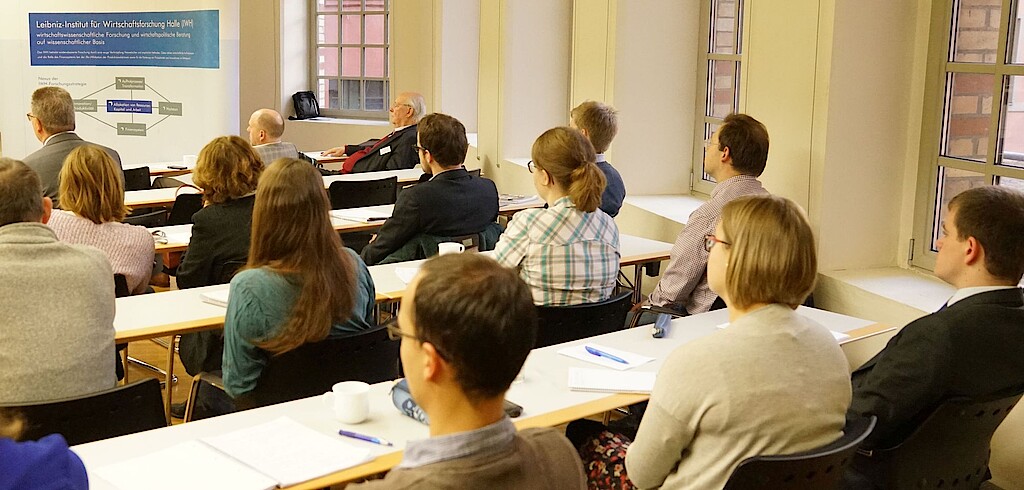
14:15 - 15:45
Trade Liberalization and the Great Labor Reallocation
The extent to which a country can benefit from trade openness crucially depends on its ease of reallocating resources. However, we know little about the role of domestic frictions in shaping the effects of trade policy.
Wer
Wo
The extent to which a country can benefit from trade openness crucially depends on its ease of reallocating resources. However, we know little about the role of domestic frictions in shaping the effects of trade policy. I address this question by analyzing the impact of tariff reductions on the spatial allocation of labor in China, and how this impact depends on migration frictions that stem from China’s household registration system (hukou). I first provide reduced-form evidence that input trade liberalization has induced significant spatial labor reallocation in China, with a stronger effect in regions with less hukou frictions. Then, I construct and estimate a quantitative spatial model with input-output linkages and hukou frictions to examine the general equilibrium effects of tariff reductions and perform counterfactuals. The quantitative exercise shows that trade liberalization increases China’s welfare by 0.71%. Abolishing the hukou system leads to a direct welfare improvement of 1.56%, but it also leads to welfare losses to hukou holders from certain regions. Additionally, it increases gains from tariff reductions by 2% and alleviates its distributional consequences. In this process, I develop a novel measure of migration frictions associated with the hukou system.





